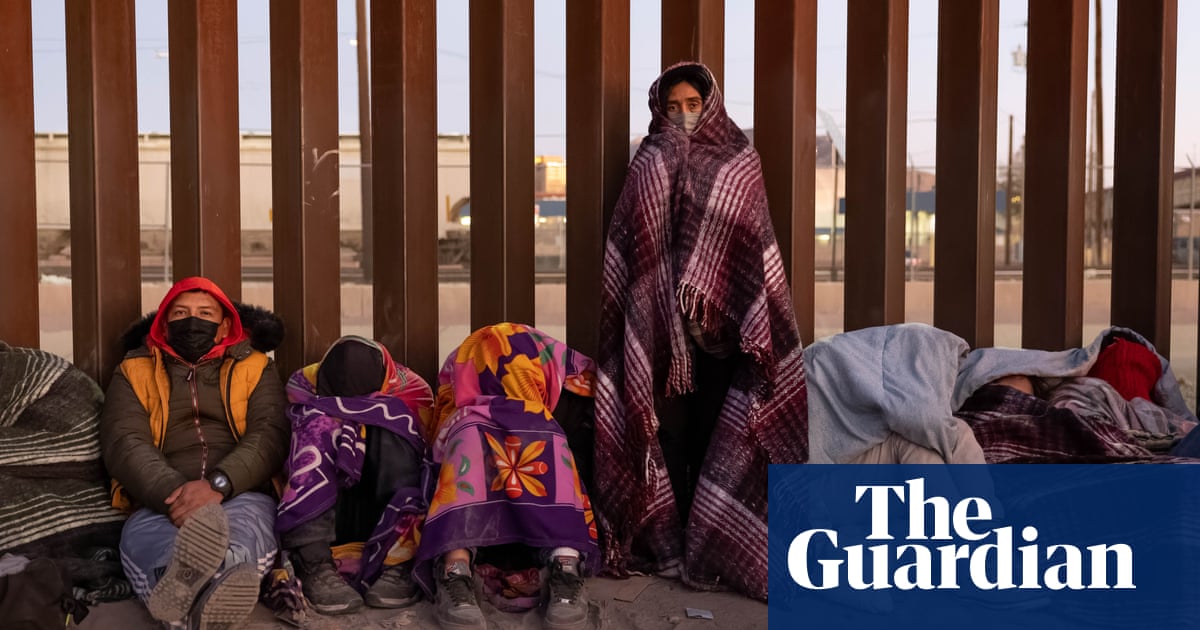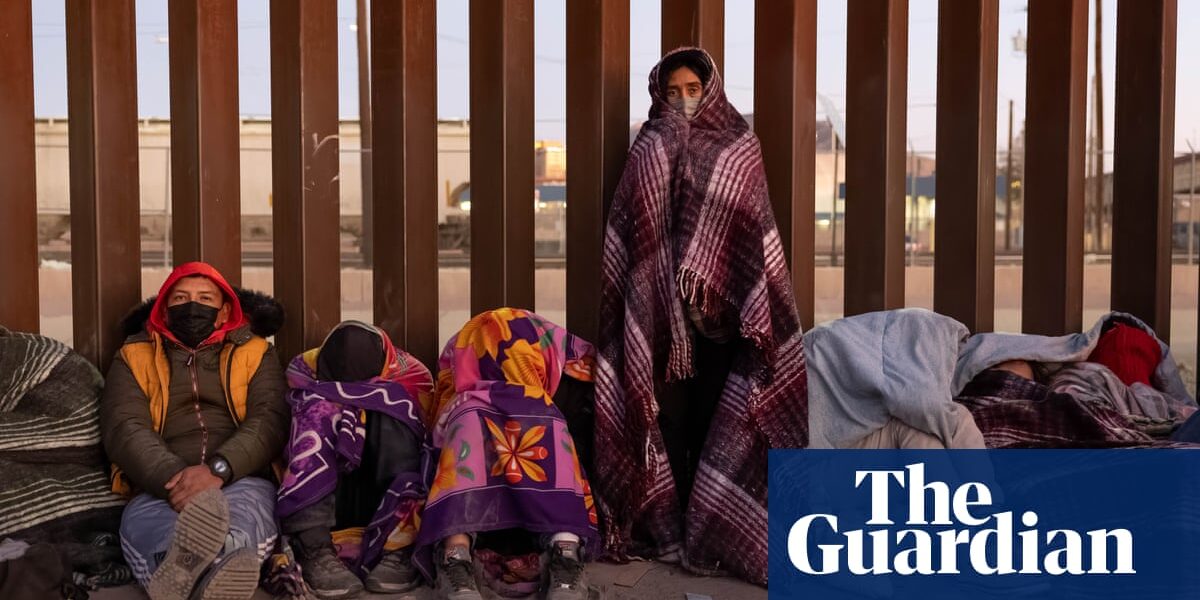Individuals affected by the impacts of climate change will provide testimony in a landmark hearing in the United States.

On Thursday, a hearing is being held in Washington by the leading human rights organization in the region to address the impact of climate change on forced migration in the Americas. Representatives from communities facing imminent danger from sea level rise, floods, and extreme weather events will be providing testimony.
The IACHR is holding a special hearing to hear from individuals in Mexico, Honduras, the Bahamas, and Colombia who have firsthand experience with the climate emergency. This hearing has been requested by human rights organizations in Latin America, the US, and the Caribbean.
An increasing amount of immigrants and asylum seekers attempting to find safety in the US and other nations are being forced to leave due to intense hurricanes, heatwaves, and droughts, as well as gradual climate-related catastrophes like ocean acidification, coastal erosion, and desertification.
Higinio Alberto Ramírez from Honduras, who experienced severe injuries during a fire at a detention center in Ciudad Juárez, Mexico, last year, will be among the witnesses. The fire resulted in the death of 43 migrants from Latin America. Ramírez, who is from Cedeño, a fishing town on the coast, was in the process of migrating to the US to help pay off family debts after the destruction of the shrimp nursery where he and his father were employed due to rising sea levels.
Gretchen Kuhner, director of the Mexico-based Institute for Women in Migration (Imumi), stated that the tragic situation of the Ramírez family serves as a reminder that the issue of forced migration cannot be disregarded as a future concern. The rise in sea levels caused by climate change has been a continuous issue for many years. It is now the responsibility of states and humanitarian systems to respond and provide necessary protections, as requested by groups such as Imumi.
The rising climate issue is a major danger for coastal areas like Cedeño. In recent years, hundreds of meters of land and numerous businesses, schools, and houses have been engulfed by tidal floods and storm surges. These events are occurring more frequently and causing more destruction.
The nation of Honduras, along with many other countries and islands in the area, have made minimal contributions to the increase in greenhouse gases causing global warming. However, they are at a high risk of its effects due to a combination of factors including their location, economic challenges, political instability, and limited resources for responding to and preventing climate change.
The upcoming hearing on Thursday aims to have the IACHR officially acknowledge that the climate crisis can result in forced displacement. They also hope to conduct visits to affected countries and create rules to safeguard internally displaced individuals and those seeking refuge in other nations.
With the rise of harsh immigration and refugee policies in the US, Mexico, and beyond, and stricter requirements for asylum, experts are advocating for the IACHR to remind countries of the non-refoulement principle. This principle prohibits sending displaced individuals back to unsafe conditions caused by the climate crisis that endanger their lives or freedoms.
Adeline Neau, a researcher for Amnesty International, stated that the firsthand accounts of affected individuals demonstrate that climate change is significantly infringing upon the fundamental rights of entire marginalized and racialized communities, including those in what are referred to as “sacrifice zones”. This is true for both gradual and sudden changes in climate.
“We urge the IACHR to prioritize human rights over measures of conflict, imprisonment and criminalization in order to guide states towards the right path. These measures only serve to further endanger the lives of individuals.”
Source: theguardian.com




